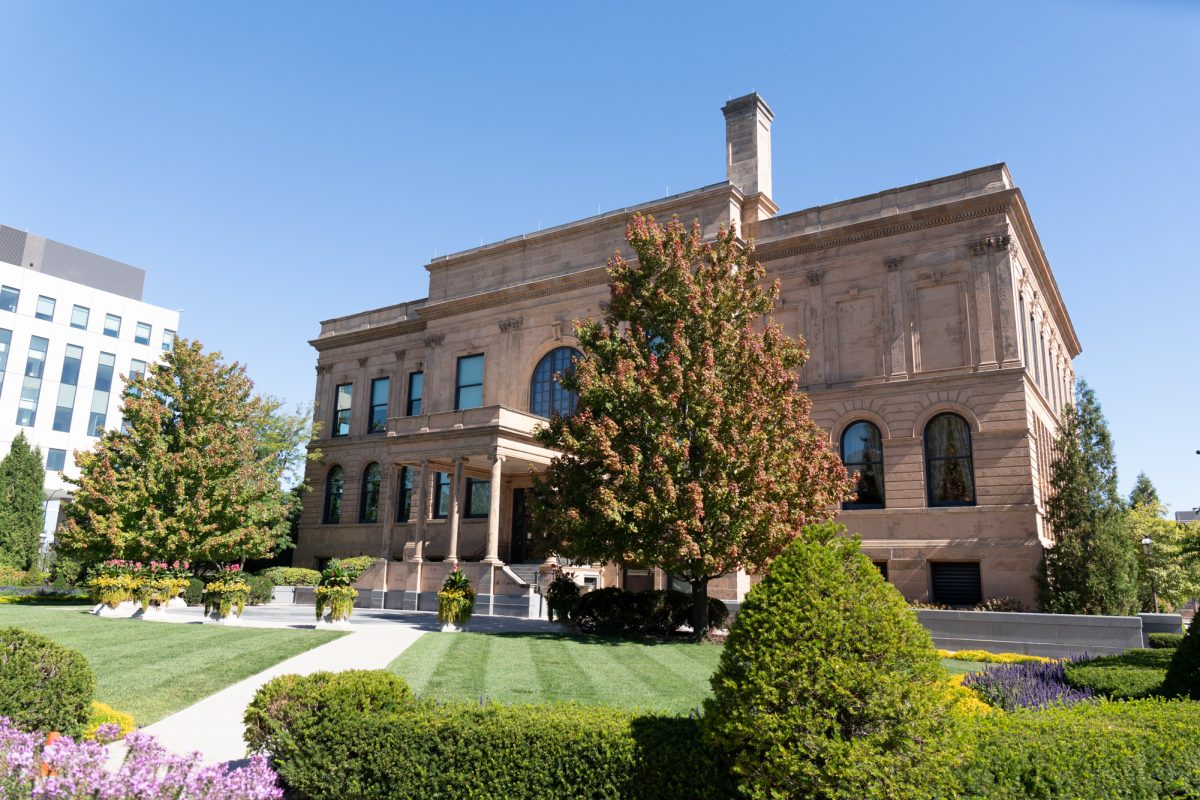My point is valid
December 9, 1999
Mr. Siepel, my last letter dealt with the authenticity of the historical references for the existence of Jesus. The references listed by Mr. Bridges, which are considered the strongest historical references, are accepted by most biblical scholars as forgeries.
With regards to New Testament contradictions, whenever there are two versions of a story, both claiming to be true, and the two versions do not agree, there is a contradiction. That is not subject to “interpretation.”
You claim that the “Gospels were written to different audiences for different purposes.” If an event being described is supposed to be a historical event, then it does not matter whom the audience is or for what purpose the story was written. If, indeed, we are talking about a historical event, then any contradictions are important.
You claim of the Gospel accounts that “They are not telling the same ‘story.'” The last time I read them, the Gospels were all telling the story of Jesus Christ.
Almost every single verse of the gospel of Mark is copied in the other gospels; to me, that qualifies as the same story.
The fact that I realize, among other things, that Egypt is not Nazareth, that Joseph could not have been both married to and not married to Mary when Jesus was born and that Joseph has two different lineages does not show any lack of understanding on my part.
You claim there is no doubt as to the identity and authenticity of the authors of the majority of the books of the Bible. Please tell me who the authors of the Gospels are and how you know this.
How did you manage to remove all doubt when the biblical scholars can’t even agree?
Since the originals don’t exist, how do you know the books are authentic and haven’t been altered or corrupted?
You claim that even non-Christian biblical scholars admit to the existence of Jesus based on the historical record and archeological evidence.
I am interested to know what archaeological evidence there is to support the existence of Jesus. The only archaeological evidence I am familiar with that relates directly to Jesus is that Nazareth did not exist at the time Jesus grew up there.
The historical record for Jesus’ existence is so weak as to be non-existent, as we have seen with the three strongest historical claims.
I’m sure some biblical scholars accept his existence, but there are many biblical scholars, Christian and non-Christian, who don’t accept his physical existence based upon the historical record and the archaeological evidence.
The very fact that there have been and are such hot debates about the existence of Christ shows that the historical evidence is, at best, very weak. Nobody debates the existence of Julius Caesar, Thomas Jefferson or Robert Ingersoll.
You are right in advising people to check it out for themselves, but as for the historical evidence, you will find that the silence of history on this “son of God” speaks more deafeningly than the tin ring of forgery.
I fail to see how knowing this makes one “uneducated” or shows “a lack of understanding.”
Tim Morgan
Graduate student
Veterinary pathology






